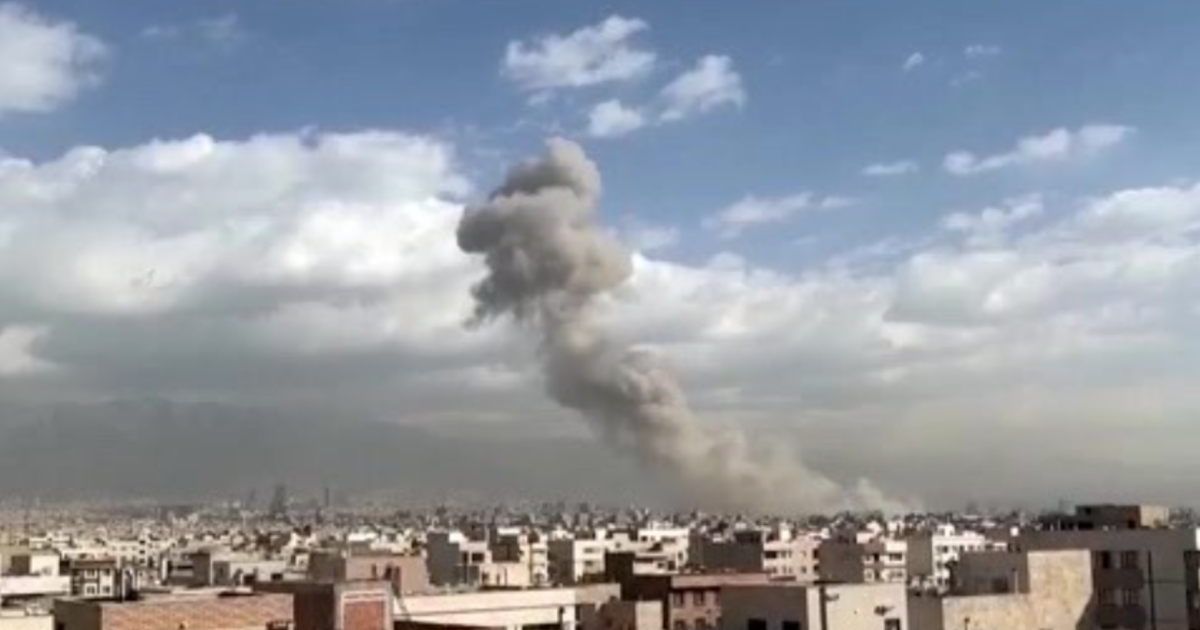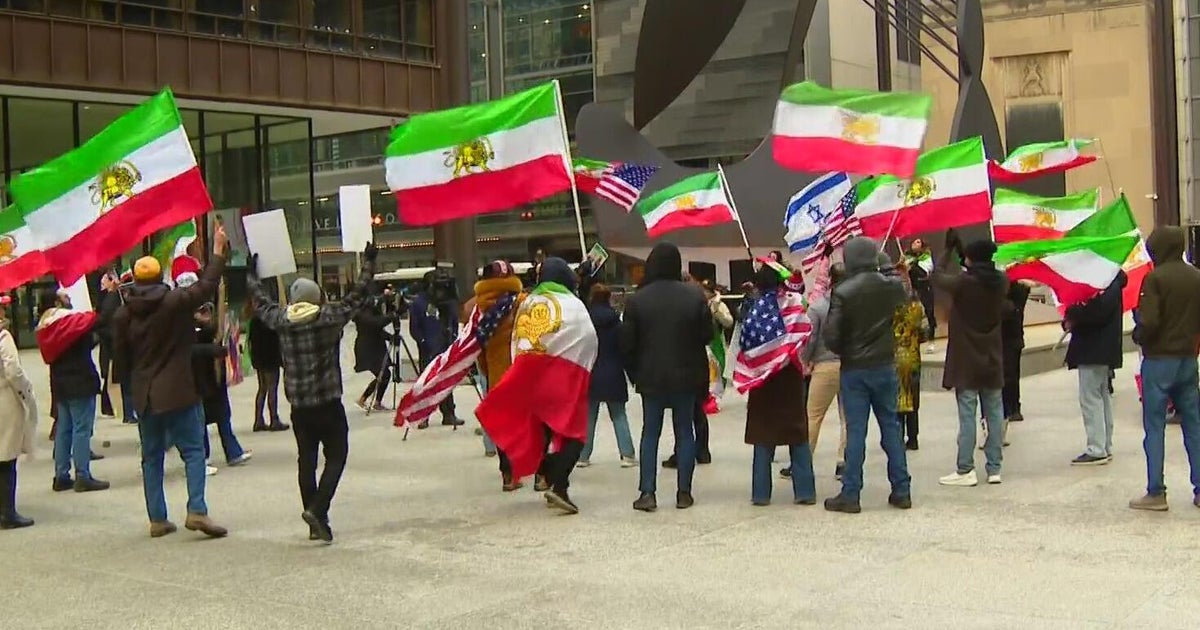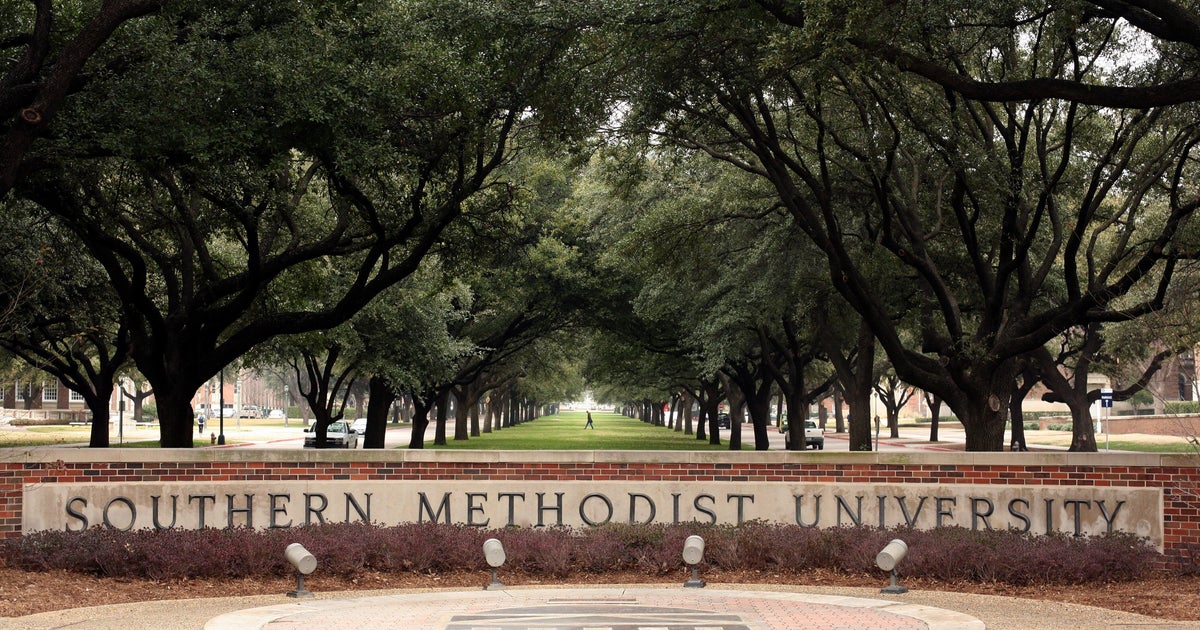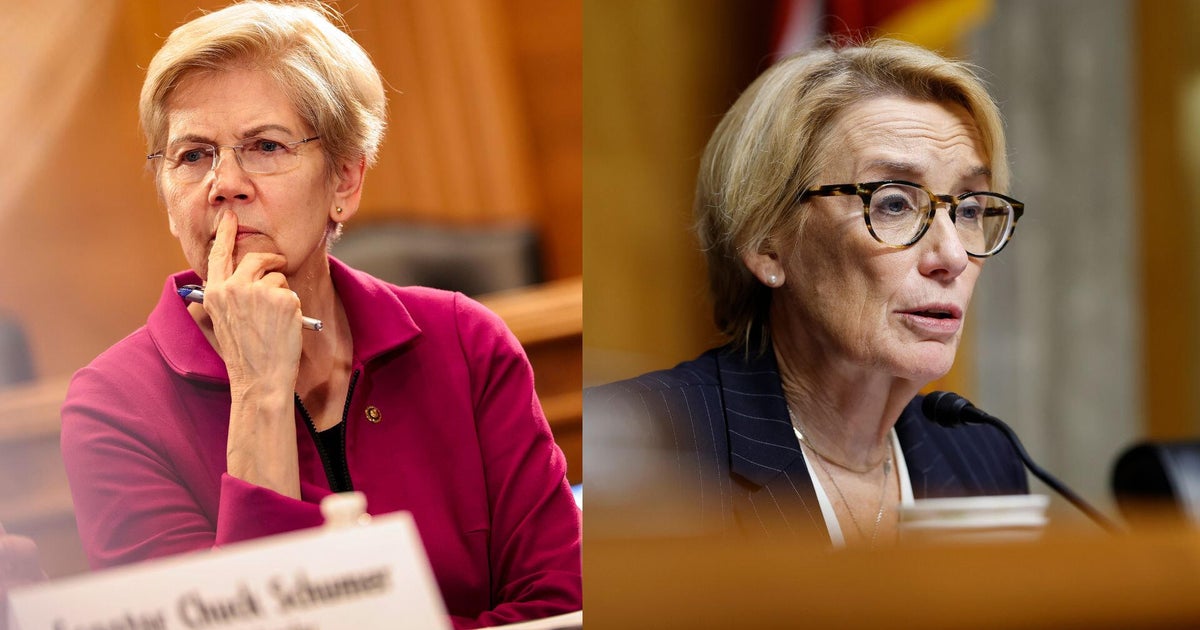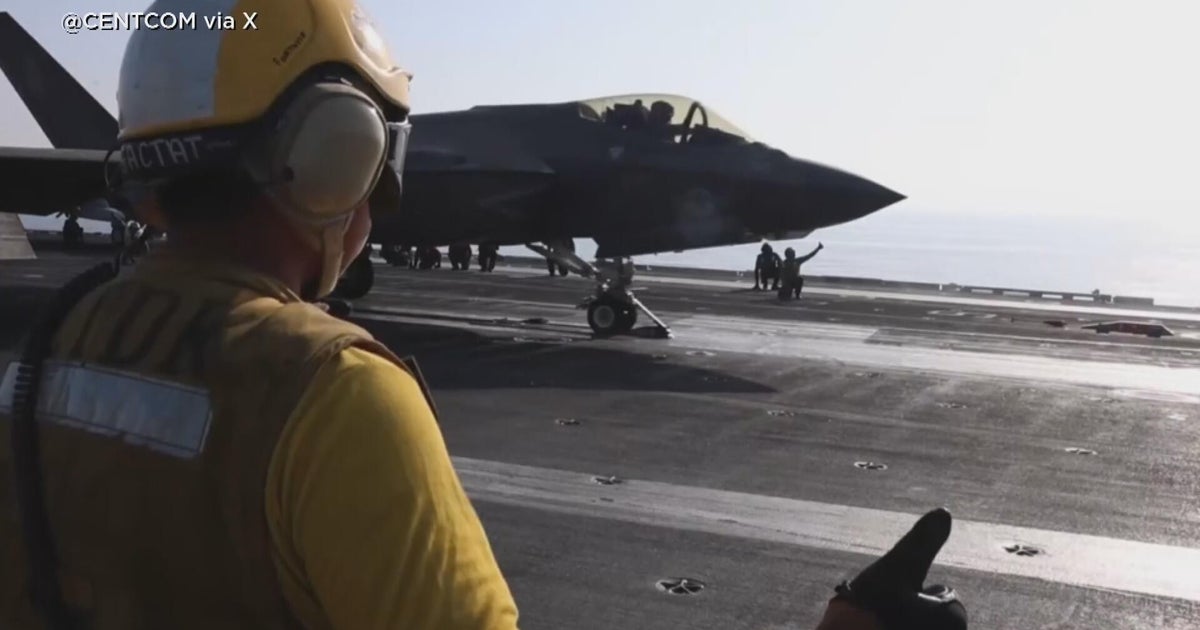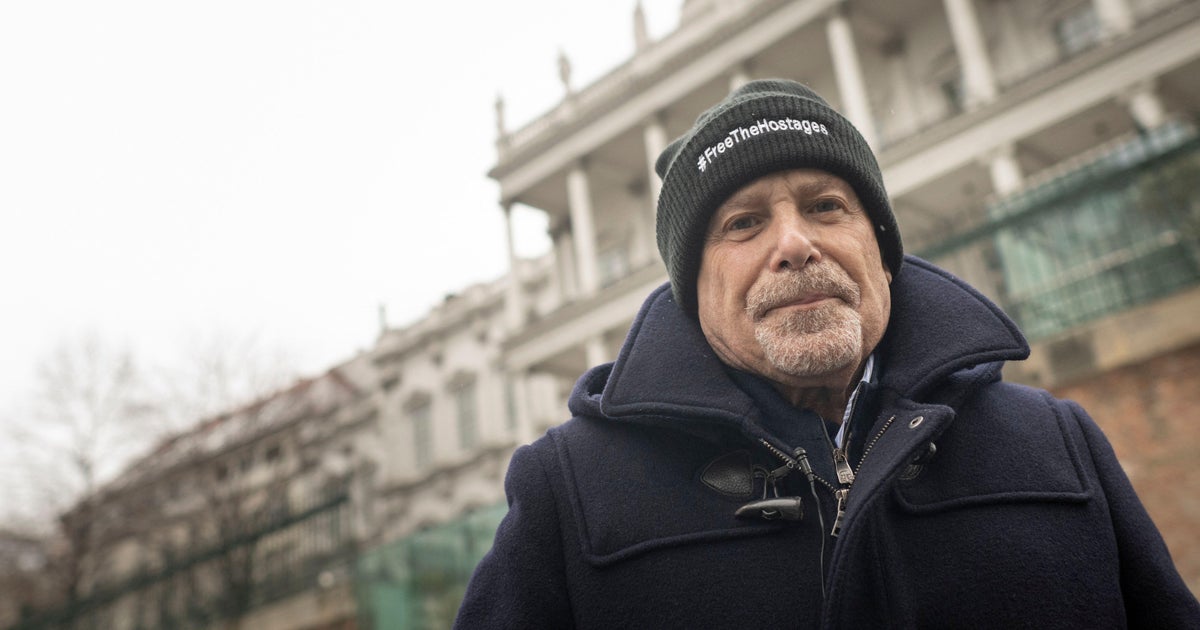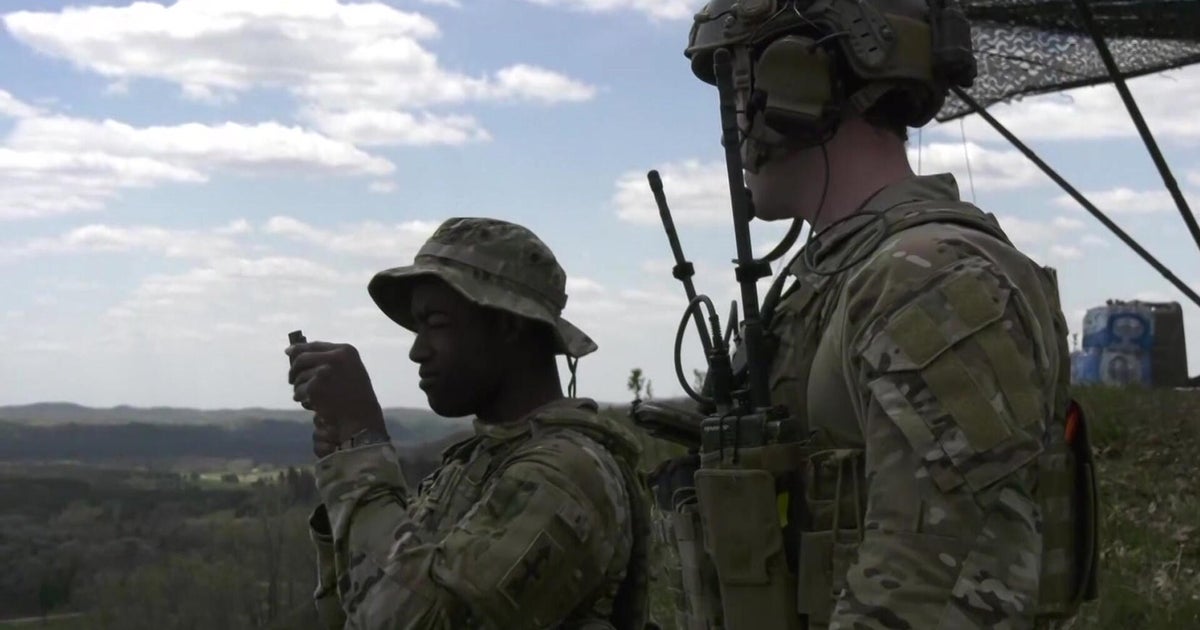Chicago Palestinian, Israel supporters cautiously optimistic with Gaza ceasefire deal reached
CHICAGO (CBS) -- Israel supporters and Palestinians in Chicago expressed cautious optimism Tuesday to a ceasefire deal reached by Israel and Hamas.
The ceasefire and hostage release agreement will halt more than a year of fighting in the Gaza Strip, President Biden and Qatar's prime minister announced separately on Wednesday. The deal comes after a week of intense negotiations mediated by Qatar, the U.S. and Egypt.
A draft of the deal had been agreed to in principle earlier in the week, Arab, U.S. and Israeli officials told CBS News. It sets out a phased framework for a ceasefire and the exchange of hostages still held by Hamas for a larger number of Palestinian prisoners held by Israel. It also includes access for humanitarian aid to Gaza and the eventual ability of Palestinians in Gaza to return to areas they fled.
Specifically, the deal will unfold in three phases. Starting Sunday, the first phase ends the hostilities for 42 days.
Hamas has agreed to release 33 Israeli hostages in exchange for 110 Palestinian prisoners held in Israel. Israel would also pull back to Gaza's perimeters and allow humanitarian aid to flow in.
The agreement will also usher in 600 aid trucks a day for Gaza.
Details for a second and third phase will be worked out during the next six weeks.
The deal still needs approval from the Israeli government. Israeli Prime Minister Benjamin Netanyahu said late Wednesday that a ceasefire agreement with Hamas is still not complete—adding the final details are being worked out.
With the ceasefire not yet in effect, Israeli airstrikes continued Wednesday in Gaza City and Khan Younis after the news broke.
Still, among both Israel supporters and Palestinians in Chicago, there was a sense of relief in the wake of the news Wednesday. Many are also feeling cautiously optimistic that the deal will be carried out in the terms that were outlined.
"Overwhelmed and joyous for the people of Gaza because I see them celebrating," said Nesreen Hasan, an organizer with the U.S. Palestinian Community Network, or USPCN. "At the same time, 69% of Gaza's infrastructure is demolished, destroyed by the Israeli military."
Hasan was thinking Wednesday of the lives and the homes and schools lost. The Hamas-run Health Ministry said more than 46,000 people have died since the start of the war.
"We have many Palestinian orphans who don't have parents to return to," she said. "We have many Palestinian parents that lost their children that will return to homes—if they have homes—not returning to their little ones."
Hasan and others are pushing for humanitarian aid to start flowing sooner than Sunday.
"We have many children that have lost their lives to malnutrition. This is not like a natural disaster. This is a manmade disaster," Hasan said. "It needs to happen now with no restrictions."
In Bridgeview on Wednesday night, a crowd demonstrated for the Palestinian cause Wednesday evening, with a message displayed on a digital sign reading, "Ceasefire today, liberation tomorrow." Participants there also acknowledged the joy at the news of the ceasefire deal is coupled with pain.
"It's a moment of, I think, a very bittersweet joy after a tremendous, tremendous loss," said Muhammad Sankari, an organizer with the U.S. Palestinian Community Network.
Meanwhile at the Jewish United Fund of Metropolitan Chicago, there was also a feeling of relief.
"A sense of optimism," said Lonnie Nasatir, president of the Jewish United Fund of Metropolitan Chicago, "a sense of hope that many are still alive, and they can come back to their families."
Many hostages may be able to come back—but not all.
"I don't think anyone, even the highest intelligence, really knows what the count is in terms of who has perished and who has not," Nasatir said. "We're hoping and praying that the high preponderance of people are still alive. God only knows what they've gone through the last 467 days."
Sarah van Loon has been working with the American Jewish Committee to bring the stories of hostage families to Washington, D.C.
"I mean, it was just this really intense moment for us, but we're not out of the clear just yet," said van Loon, the Chicago regional director of the American Jewish Committee.
Among the 98 hostages in Gaza are three Americans who are believed to be alive.
"I can only imagine the resilience that it's taken them to show up every single day to do whatever they can to bring their loved one home," van Loon said.
But some families have been dealing with the grief of having their loved ones taken hostage and killed. Those families include the parents of Israeli American Hersh Goldberg-Polin, who was captured on Oct. 7, 2023, and was killed in the conflict.
"We're obviously very much welcoming this deal as long as it is the beginning of the end," said Rachel Goldberg-Polin, Hersh Goldberg Polin's mother.
People on both sides of the conflict are looking to rebuild what they have lost.
"The lift that's really going to be needed by the country, by the members, quite frankly by us here in America and in the Jewish community here to really give comfort and aid and help to those that have been so traumatized," Nasatir said.
According to the draft obtained by CBS News, Hamas would release three hostages on the first day of the deal, four on the seventh day, and then three additional hostages every seven days—starting with the living, and then returning the bodies of those who have died.
This, again, would be in exchange for the release of Palestinian prisoners.
